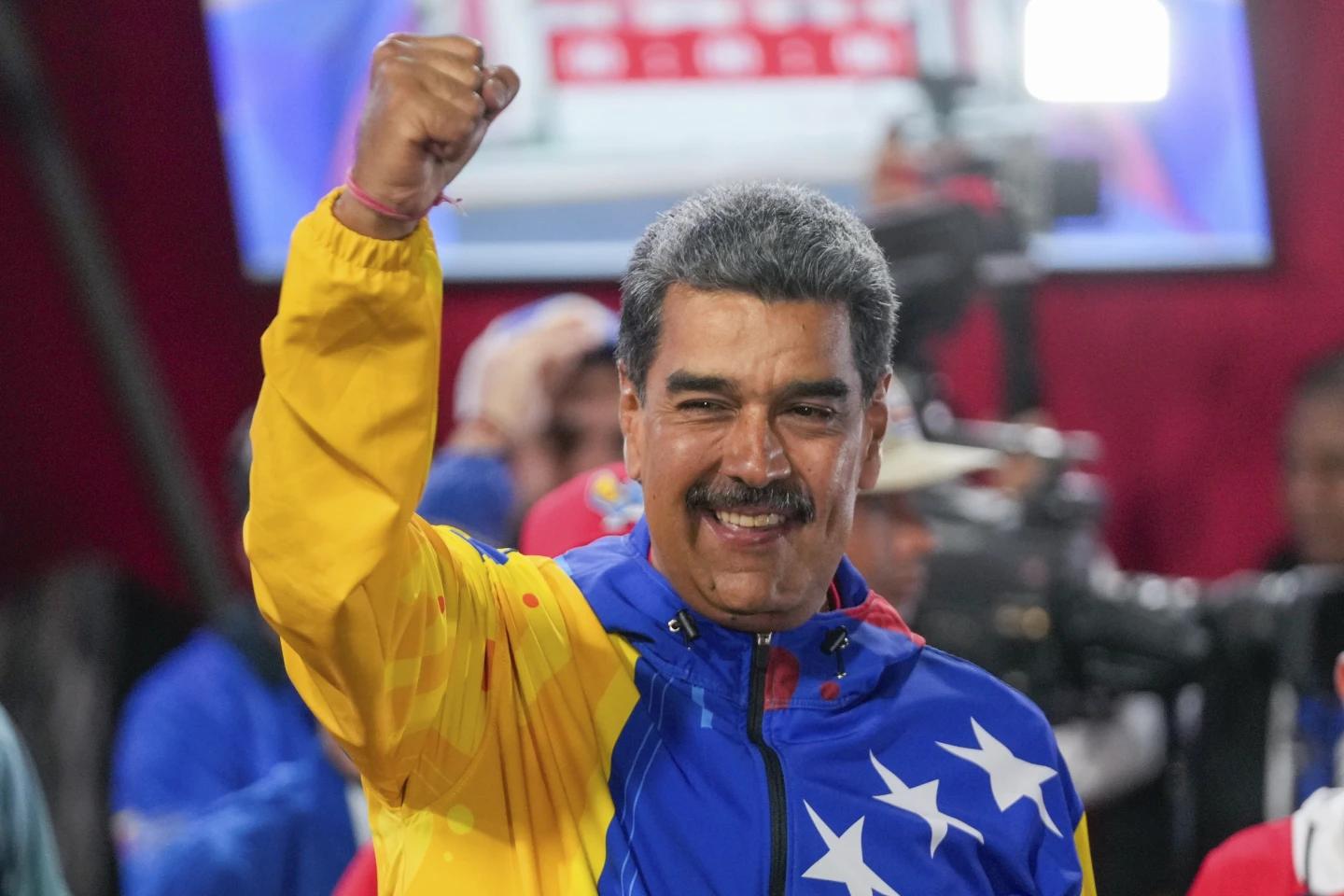SÃO PAULO, Brazil – Amid widspread claims of fraud surrounding elections in July that supposedly ended in the narrow reelection of President Nicolas Maduro, the country’s Catholic bishops are calling for release of all details regarding the results.
Full disclosure, the bishops said during an Oct. 15-17 extraordinary assembly in Caracas, is the only way “to build a democratic and peaceful Venezuela.”
Heading into the July ballotting, many Venezuelans were hopeful that what polls suggested was a huge advantage for the opposition would be impossible for the regime to falsify.
Edmundo Gonzalez, who ran for president with the support of the major leader of the opposition, María Corina Machado (herself prevented from running due to controversial charges presented by the authorities against her), appeared to be at least 30 percentage points ahead of Maduro in national surveys.
The National Electoral Council, however, announced the reelection of Maduro with 51 percent of the votes, without ever releasing the voting reports. Copies obtained by the opposition, and relayed to the Atlantap-based Carter Center, appeared to show that González won more than 60 percent support, and therefore should have been declared president-elect.
In the aftermath of the disputed vote, Gonzalez had to leave Venezuela and is now living in exile in Spain. A wave of protests followed release of the results, and numerous protesters were detained and tortured.
In that context, the bishops demanded that the government come clean.
“The words of Our Lord Jesus Christ, ‘The truth will set you free,’ (John, 8:31) have insistently resonated in our minds and hearts, so we would like to reiterate the appeal to the National Electoral Council to […] publish in details the results of the electoral process carried out on July 28, in which the Venezuelan people’s desire for change has been evident,” their document read.
The bishops said disclosure of the results is a fundamental step to “preserve the citizens’ confidence in voting and to recover the real meaning of politics.”
The bishops denounced political repression against dissidents, including “arbitrary detentions” and “human rights violations.”
“We demand the liberation of the demonstrators arrested, including those who are minors,” the message said.
The prelates said that the “difficult situation” in Venezuela leads them to feel called by God’s word, which invites them to listen to the people’s cries and to offer them solace.
“We renew our commitment to all brothers who suffer to keep accompanying them by praying, welcoming them, being side by side with them, sharing with them and offering them services provided by several ecclesial organizations,” it read.
The letter concluded by saying that the bishops want to revive hope and thus demonstrate their support to the prayer groups that have been gathering all over the nation to ask for peace and well-being in Venezuela.
Father Pedro Freites, once an important member of the Venezuelan clergy who now lives in exile in Miami, told Crux that the Church has been showing bravery in its actions and statements against Maduro, something that is crucial now that “for the first time the opposition was not sold to the regime.”
“Machado and Gonzalez have been truly firm. All previous elections were treated fraudulently by the government, at times with the opposition’s support. Now, it didn’t happen,” Freites said.
He said that the bishops’ conference has a copy of the electoral results, which is why they keep insisting on the theme of democracy.
“The Church has been expressing a prophetic voice when it comes to Venezuelan politics since the 1960s. That’s why we know that only the first electoral victory of Hugo Chávez, in the 1990s, was real,” he said.
Freites worked as one of the leaders of Vatican Radio in South America for several years, and interviewed Chavez on a number of occasions. For more than a decade, he would denounce the government’s misdeeds, including voting fraud.
“There’s an overall mentality that the episcopate cannot be indifferent and remain silent when it comes to so much humiliation suffered by the people. That regime is not only totalitarian, but also criminal,” Freites said, asserting that Maduro despises a number of international agreements concerning the country’s political life.
“Our mistake is that we have always preferred to follow a reasonable approach to those problems, but the Venezuelan regime is really a dictatorial regime of totalitarian nature, so there’s no possible reasonable dialogue,” Freites said.
He said it’s up to the Church to announce the faith side by side with social commitment, justice, and democracy.
“The word ‘Church’ means assembly – our assembly needs to show light in a time of darkness,” he said.














